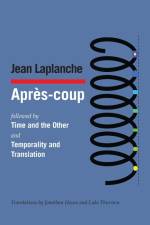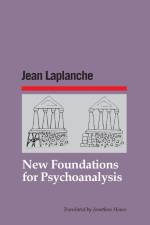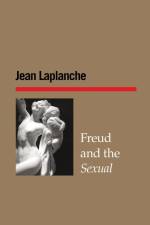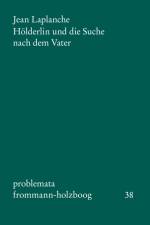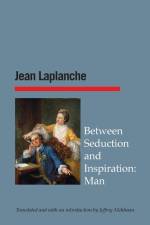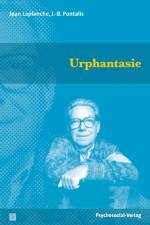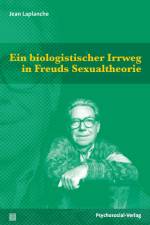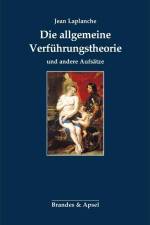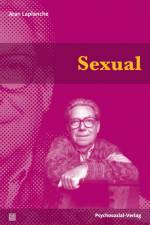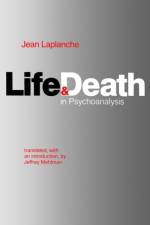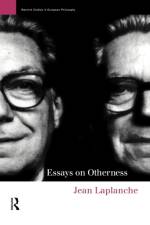von Jean Laplanche
55,00 €
The appearance of New Foundations for Psychoanalysis in 1987 marked the beginning of five years that may be the period of Laplanche's greatest synthetic creativity during which he articulated the central concepts of his thinking. Along with New Foundations this period saw the seminar on après-coup of 1989-1990-later published as Problématiques VI; the seminar of 1991-1992 published as Problématiques VII: Le fourvoiement biologisant de la sexualité chez Freud and, in an English translation by Donald Nicholson-Smith, as The Temptation of Biology: Freud's Theories of Sexuality and much else.New Foundations is a synthesis of Laplanche's conceptual research going back to Life and Death in Psychoanalysis of 1970 and, before that, to works co-authored with J.-B. Pontalis and with Serge Leclaire. Referring to Problématiques I through Problématiques V (1970 - 1984), Laplanche writes, "Now the moment has come to show how my positions are connected with each other." He certainly does just that and, most importantly, New Foundations was the first major presentation of the General Theory of Seduction (GTS) that guided his work for the rest of his life even as he continued to refine it.Later, from a different angle Laplanche refers to the GTS as the Fundamental Anthropological Situation. The GTS will provide the basis for unearthing and extending Freud's translational model of repression leading Laplanche to propose "a translational model of après-coup and, more generally, a translational model of the theory of seduction and even a translational model of the constitution of the human being." He will speak of translational theories of psychic trauma, of infantile sexuality, and ultimately, of translation as a mechanism at the origin of the human subject as a self-narrating, self-theorizing creature."Starting from radical, violent challenges to established themes inevitably leads to a new theme with new patterns, new concepts or a new framework for the concepts that emerge. My positions on drive, narcissism, language, and many other topics are precise, but in the Problématiques they appear in a scattered form. Now the moment has come to show how my positions are connected. Will this entail schematization and oversimplification? To some degree that is inevitable, and from the beginning of this presentation I unhappily feel that weight, which is to say the necessity to cover the theme of foundations and the desire to get to my conclusions. So, in this text, I am in a race against the clock and my approach will be less that of the flaneur and less in the form of a "spiral development" of ideas, than was my approach in the Problématiques."-Jean Laplanche


